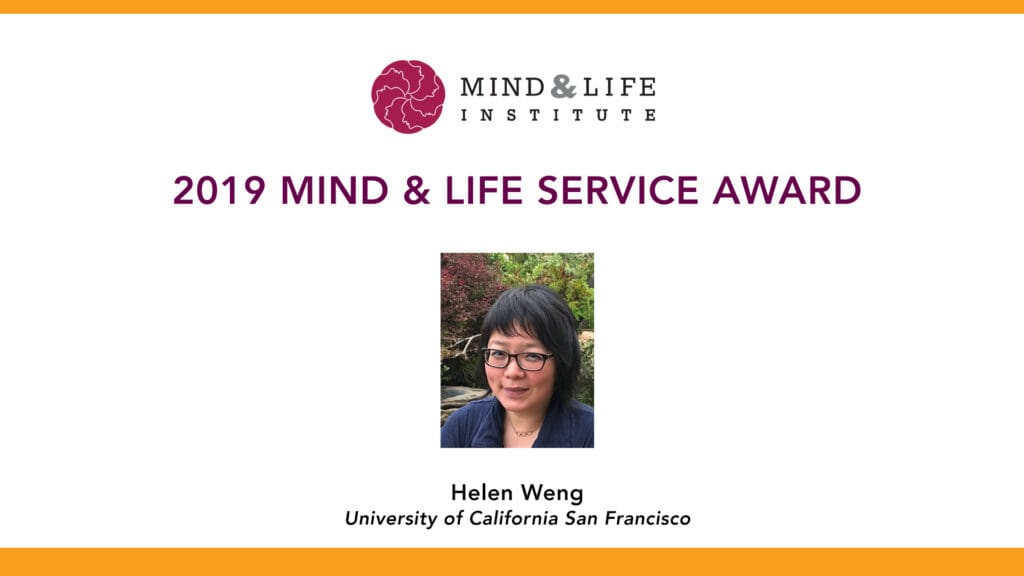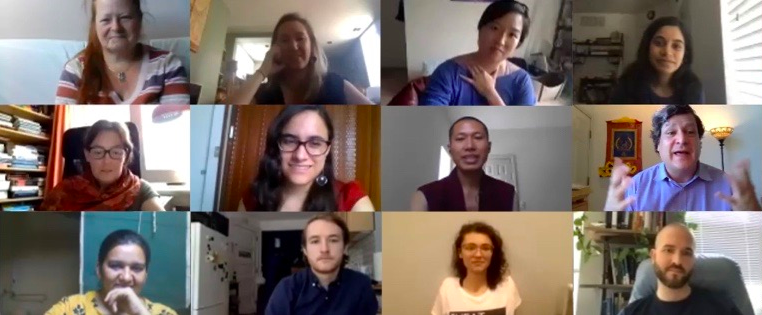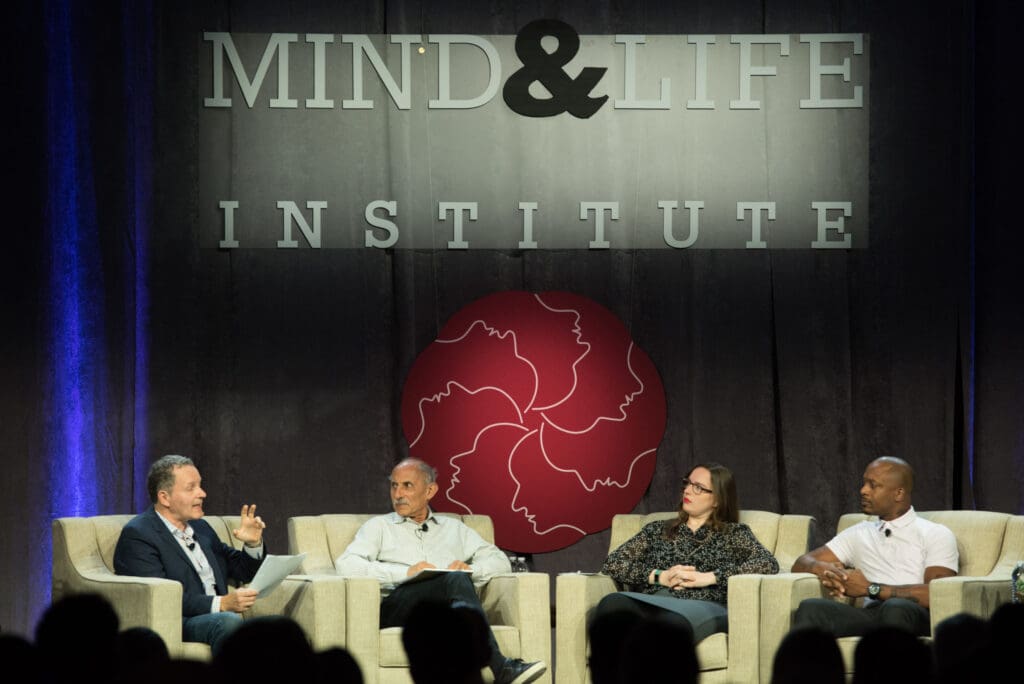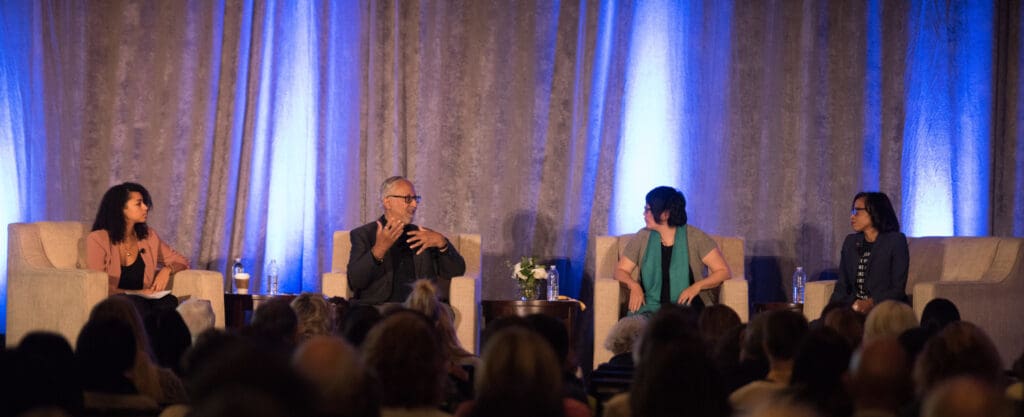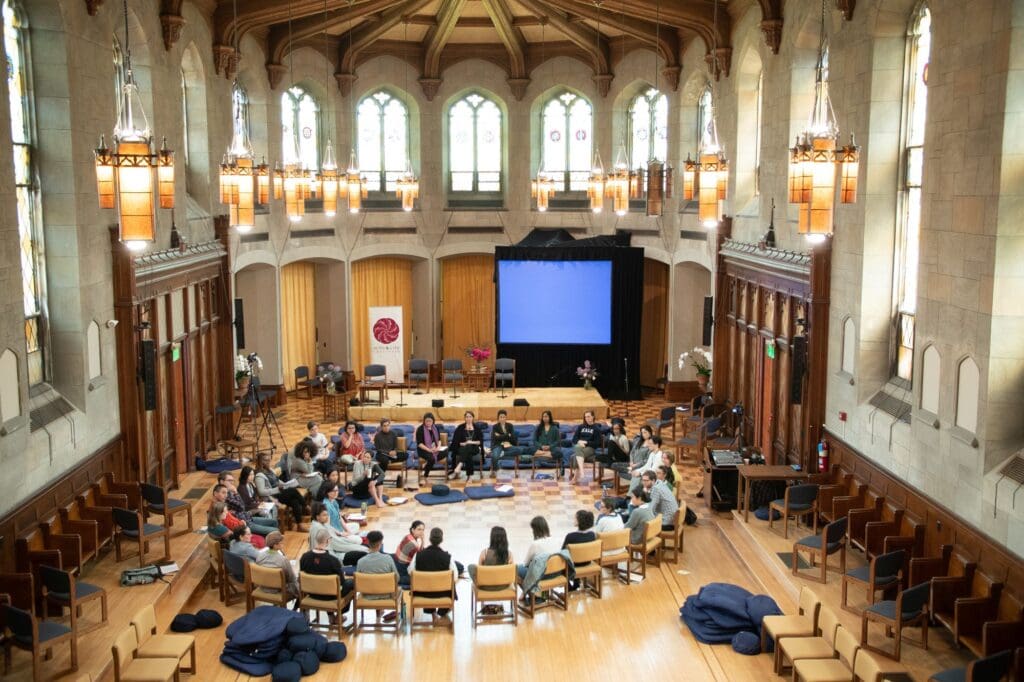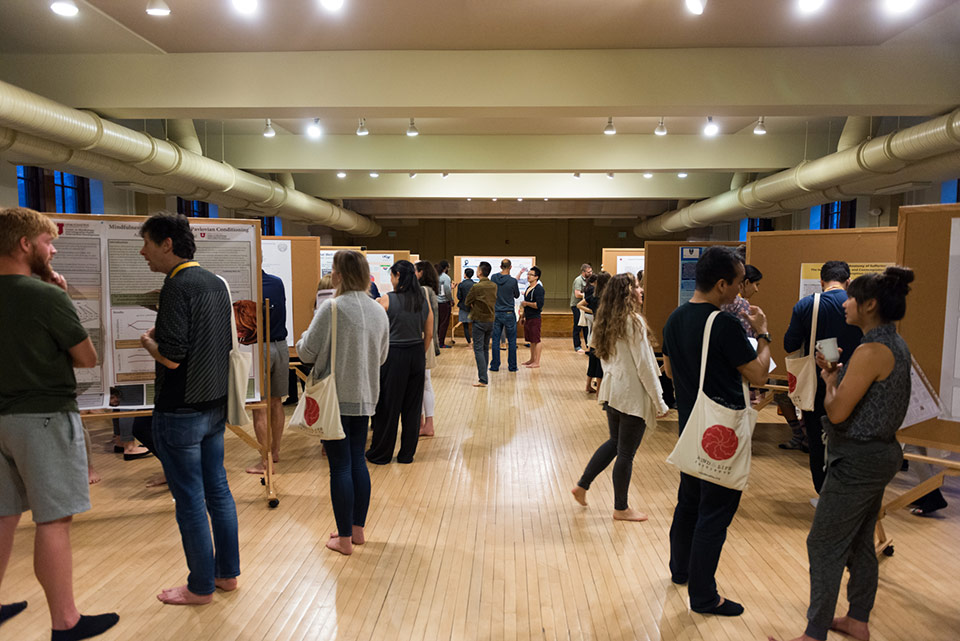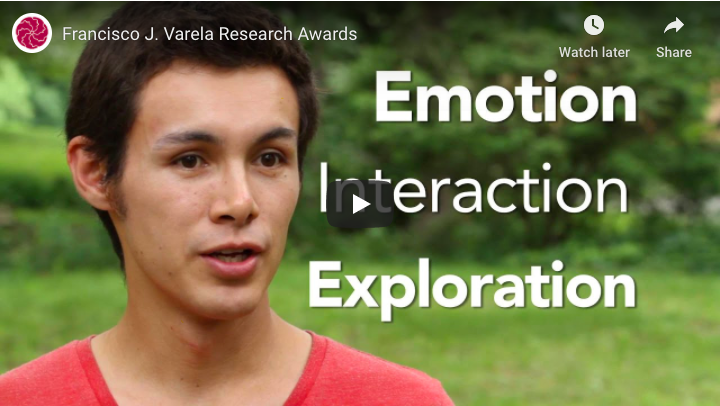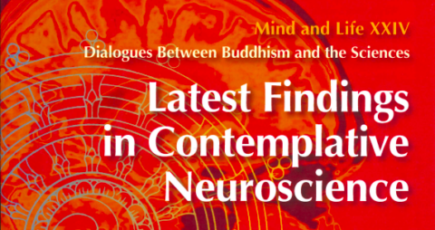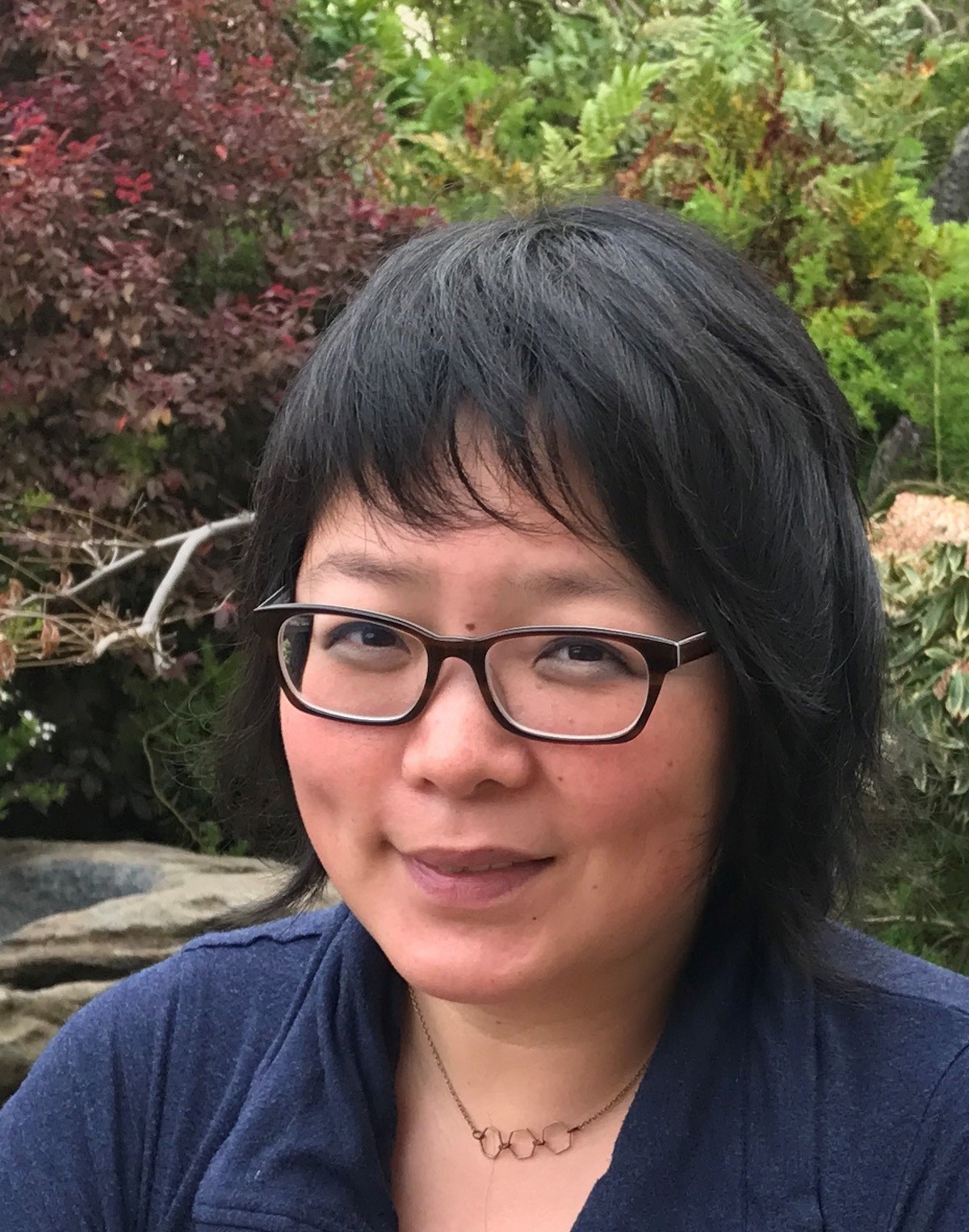
Helen Y. Weng, Ph.D., is a clinical psychologist and neuroscientist, and her research focuses on the neural mechanisms of how meditation practices may improve social behavior and mental health. Her current work involves adapting research methodology to increase diverse representation in the neuroscience of meditation from a social justice perspective. This includes using community engagement with a diverse sangha (the East Bay Meditation Center in Oakland, CA) to adopt culturally-sensitive research procedures for people of color, the LGBTQIA+ population, people with disabilities, the fat community, and people with lower income. In addition, she has designed the EMBODY Task, a novel functional MRI task which uses machine learning approaches to assess diverse and fluctuating mental states during meditation. Neural patterns are individually tailored to each meditator, and thus allow for greater neural and psychological diversity within and across meditators, while providing novel metrics of attention such as percent time focused on bodily sensations. Dr. Weng’s doctoral work from the Center for Healthy Minds, University of Wisconsin-Madison demonstrated that compassion meditation may increase both altruistic and neural responses to suffering. This work was featured in the New York Times, BBC, and Fast Company. Dr. Weng’s clinical interests include integrating compassion and mindfulness meditation with psychotherapy to treat mood and anxiety disorders, particularly for LGBTQ clients.
Helen is the recipient of the 2019 Mind & Life Institute Annual Service Award.
